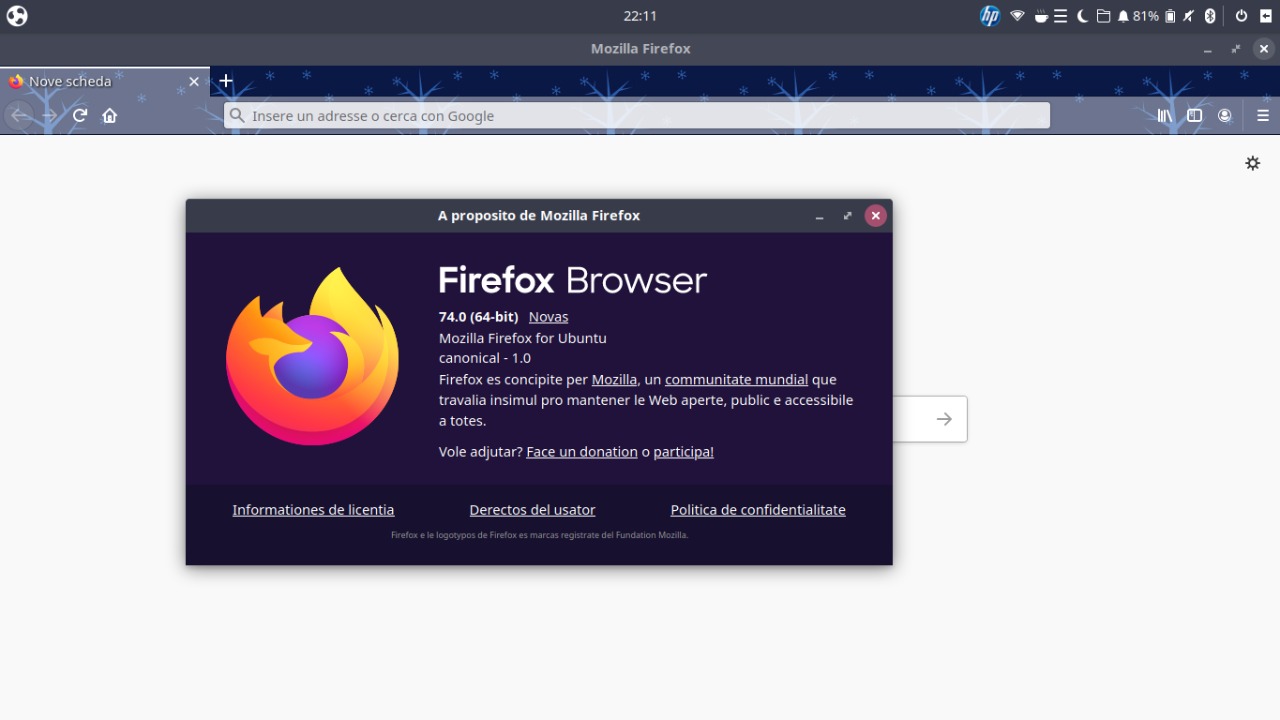Mozilla’s Firefox browser has integrated Perplexity’s AI answer engine as a new built-in search option, marking a significant shift towards AI-enhanced search experiences. This development, which began with quiet testing in June 2025, allows users to leverage AI-powered answers directly within the address bar and search functionality. The feature rollout emphasizes user choice, offering Perplexity AI as an alternative to traditional engines like Google or Bing.
Background on Firefox’s Search Evolution

Historically, Mozilla has emphasized user privacy and open web standards in its search integrations. The company has balanced default options like Google with alternatives to avoid over-reliance on any single provider. This approach aligns with Mozilla’s commitment to user choice and data privacy, and the integration of Perplexity’s AI engine is a continuation of this trend.
The transition from traditional keyword-based search to AI-driven engines represents a significant evolution in the search landscape. Perplexity’s role as an “answer engine” is central to this shift, providing synthesized responses rather than link lists. The incorporation of Perplexity AI into Firefox began with testing phases in mid-2025, culminating in its full availability now.
Key Features of Perplexity AI in Firefox

Users can enable Perplexity AI via Firefox’s search settings, where it appears as a selectable option in the dropdown for address bar searches. This integration allows users to leverage the power of AI directly within their browser, enhancing the search experience.
Perplexity AI’s functionality includes generating concise, cited answers to queries, with support for follow-up questions within the browser interface. This feature is integrated with Firefox’s sidebar or new tab page, enabling quick AI-assisted research without leaving the browser.
Introduction of Search Profiles and Customization

Firefox has introduced a new “search profiles” feature, which allows users to create personalized sets of search engines, including Perplexity AI, for different workflows like work or personal use. This feature enhances the flexibility of the browser, allowing users to tailor their search experience to their specific needs.
Search profiles enable switching between AI and traditional search on the fly, with options to set Perplexity as default for specific sites or query types. Additional customization tools include pinning Perplexity AI results or adjusting AI response verbosity directly in settings, providing users with a high degree of control over their search experience.
Implications for Users and the Browser Ecosystem

The integration of Perplexity AI into Firefox offers several benefits for users. It provides faster access to AI insights while maintaining Mozilla’s privacy commitments, such as no data sharing with Perplexity without consent. However, there are potential drawbacks, such as dependency on Perplexity’s AI accuracy or availability.
This development also has implications for the broader browser ecosystem. It positions Firefox against competitors like Chrome with built-in AI and may encourage more AI partnerships in open-source browsers to diversify from Big Tech search dominance. As AI continues to evolve, its integration into browsers like Firefox will likely become increasingly important.
As we move forward, the integration of AI into our everyday tools, like browsers, will continue to shape our digital experiences. The partnership between Mozilla and Perplexity is a significant step in this direction, offering users a new way to interact with information on the web.